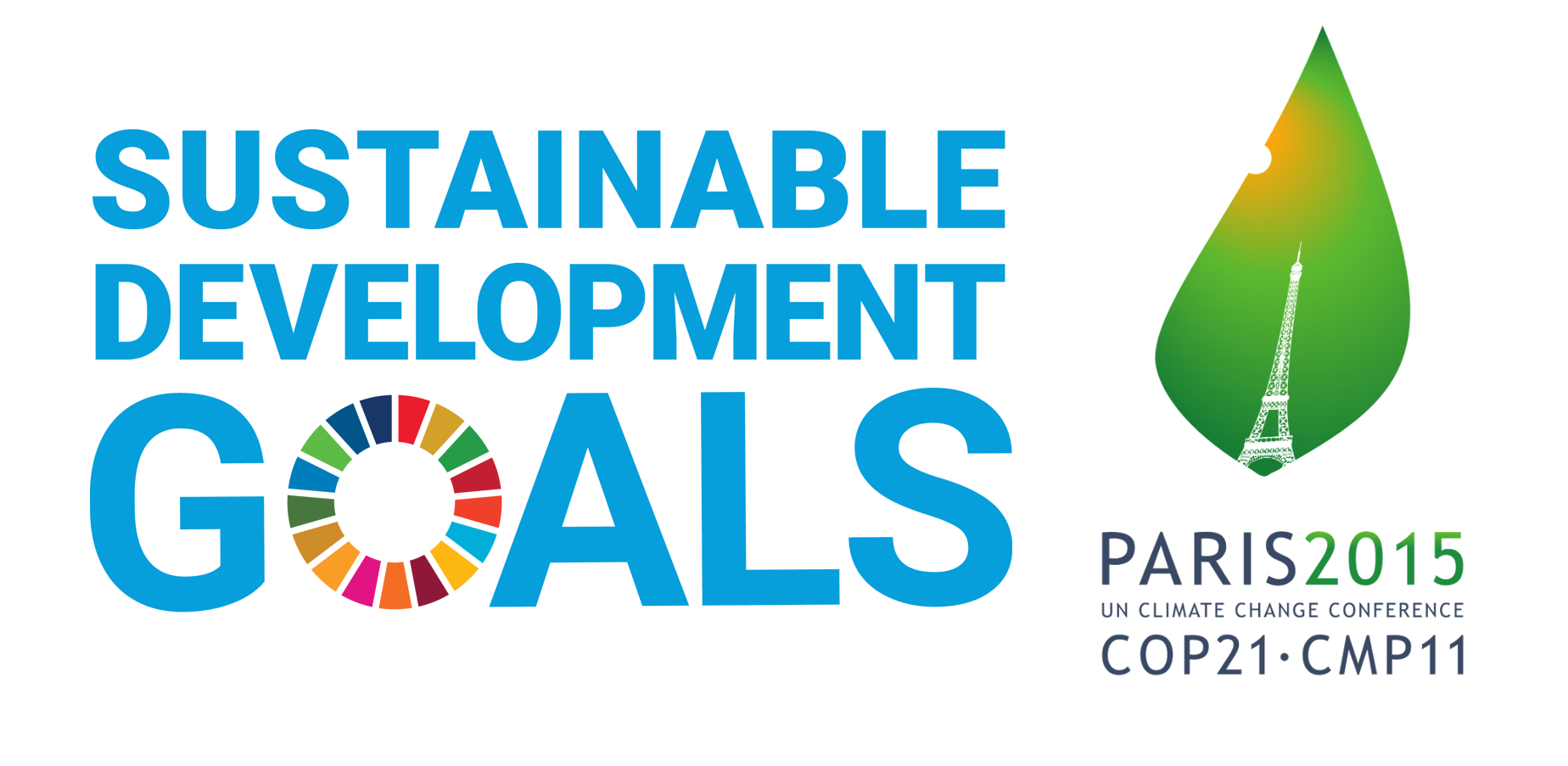The 2030 Agenda for Sustainable Development and the Paris Agreement, both adopted by the international community in 2015, form basic building blocks to solve the world's most pressing challenges. At the heart of the 2030 Agenda are 17 Sustainable Development Goals (SDGs) designed to end poverty, protect the planet, and ensure prosperity for all. The SDGs cover a broad range of social, economic, and environmental issues such as health, education, gender equality, decent work, clean water and sanitation, ecosystem health as well as affordable and clean energy. The Paris Agreement sets the goal of limiting global warming to well below 2 degrees Celsius above pre-industrial levels and pursuing efforts to limit the temperature increase to 1.5 degrees Celsius. The 2030 Agenda for Sustainable Development and the Paris Agreement are deeply interconnected. Sustainable development cannot be achieved without successful climate action, and vice versa. Both frameworks emphasize the need for sustainable development and poverty eradication, highlighting the importance of integrating economic growth with environmental stewardship and social inclusion. The significance of these global goals cannot be overstated. That is why the GSDP anchors itself in both frameworks.
Partnerships play a crucial role in achieving both the SDGs and the Paris Agreement. No single country or organisation can solve these complex challenges alone. Effective collaboration between governments, the private sector, civil society, academia and international organisations is essential to mobilise the necessary resources, knowledge, and technologies. SDG 17 specifically focuses on revitalising global partnerships for sustainable development, emphasising the importance of multi-stakeholder partnerships in achieving the goals. The Paris Agreement also highlights the need for enhanced cooperation, particularly in terms of financial and technical support for developing countries, to ensure that all nations can contribute to and benefit from climate action.
The GSDP aligns Indo-German cooperation under the umbrella of the 2030 Agenda and the Paris Agreement. For the first time, India and Germany are pursuing a development approach that is explicitly linked to global goals which transcend their individual borders.

End poverty in all its forms everywhere.

End hunger, achieve food security and improved nutrition and promote sustainable agriculture.

Ensure healthy lives and promote well-being for all at all ages.

Ensure inclusive and equitable quality education and promote lifelong learning opportunities for all.

Achieve gender equality and empower all women and girls.

Ensure availability and sustainable management of water and sanitation for all.

Ensure access to affordable, reliable, sustainable and modern energy for all.

Promote sustained, inclusive and sustainable economic growth, full and productive employment and decent work for all.

Build resilient infrastructure, promote inclusive and sustainable industrialization and foster innovation.

Reduce inequality within and among countries.

Make cities and human settlements inclusive, safe, resilient and sustainable.

Ensure sustainable consumption and production patterns.

Take urgent action to combat climate change and its impacts.

Conserve and sustainably use the oceans, seas and marine resources for sustainable development.

Protect, restore and promote sustainable use of terrestrial ecosystems, sustainably manage forests, combat desertification, and halt and reverse land degradation and halt biodiversity loss.

Promote peaceful and inclusive societies for sustainable development, provide access to justice for all and build effective, accountable and inclusive institutions at all levels.

Strengthen the means of implementation and revitalize the Global Partnership for Sustainable Development.
Disclaimer: The content of this publication has not been approved by the United Nations and does not reflect the views of the United Nations or its officials or Member States.
United Nations Sustainable Development Goals Website Click here



